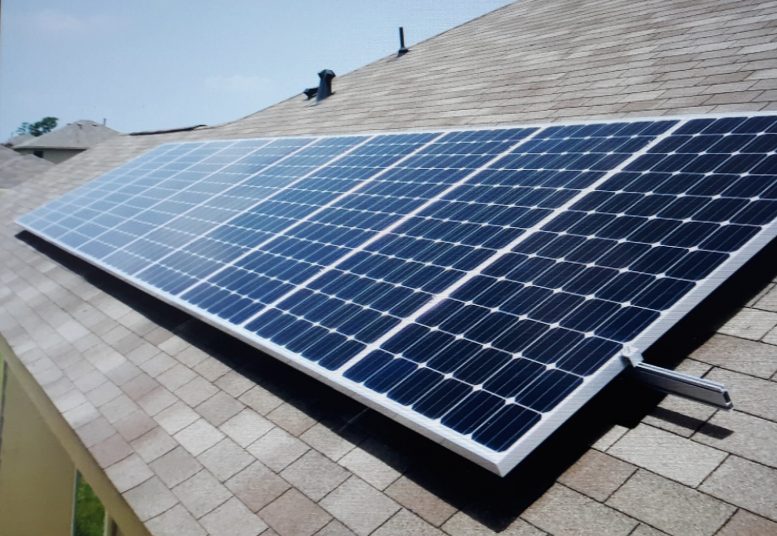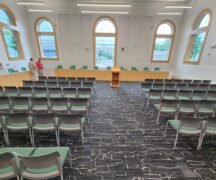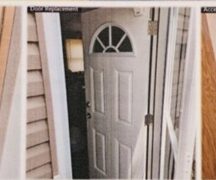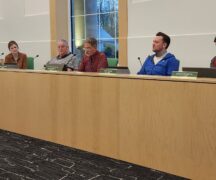By JULIE CARLE
BG Independent News
Bowling Green City Council was warned Monday night that Leatra Harper and Steve Jansto are planning to sue the city over rules that penalize homeowners with rooftop solar systems.
A takings lawsuit was filed today (10/17) in the Sixth District Court of Appeals by Jensen Silvis, attorney on behalf of the Harper and Jansto Family Trust.
According to court documents, the lawsuit petitions to compel the City of Bowling Green to institute eminent domain proceedings to compensate the family trust “for the uncompensated taking of its property.”
They contend actions by the city penalized the couple’s rooftop solar system and degraded their significant investment to replace gas with geothermal. Their long-term goal to “achieve near net-zero living during the days of climate change” was thwarted by the city’s actions, she said.
A takings lawsuit is when a government entity restricts a person’s use of their property to the point of it constituting a taking. A total regulatory taking occurs where regulations completely deprive an owner of ‘all economically beneficial us{e}’ of her property,” the lawsuit states.
The city did not respond at Monday’s council meeting. A call this morning to the city for comment has not yet been returned at the time of publication.
This is an issue that started in 2021 when the Board of Public Utilities began charging a fee for homeowners with rooftop solar that tied into the grid.
[RELATED: BG Council rejects rebates for rooftop solar systems tied into city’s grid]
“If we would have had any idea that Bowling Green would discourage rooftop solar, we would not have moved here, let alone have made such a huge investment in what we thought was going to be our forever home to age-in,” Harper said.
At previous meetings, Public Utilities Director Brian O’Connell had explained the fee is necessary to make sure other electric customers in the city aren’t subsidizing those who choose to install rooftop solar panels.
The city’s electric rates are based on customers buying their energy from the city. A smaller portion of the rates is based on fixed costs for the electric system for such items as meters, poles, wire, transformers, switches and linemen—items needed for all homes including those with rooftop solar, O’Connell said in 2021.
However, one of Harper’s remaining questions, which she said has not been answered: “Exactly how are we costing our less affluent neighbors because of our clean energy—especially when supplying clean energy during the hottest of days when it is needed the most?”
With the increasing impacts of climate change and the fact that 2023 is on track to be the hottest on record, “we must do what it takes to create a better future for our children,” Harper said.
Instead of creating a community solar program and encouraging residents to take advantage of government incentives, “the city has chosen to go in the exact opposite direction,“ she said.
She claimed it is “a thinly-veiled attempt to turn others against us. This is a narrative that is being promoted by the fossil fuel industry as well.”
They made numerous appeals to legislators, council and the utilities board, which have not been addressed., she said, adding, “With no other avenue for appeal, the only choice left was to file the lawsuit.”





